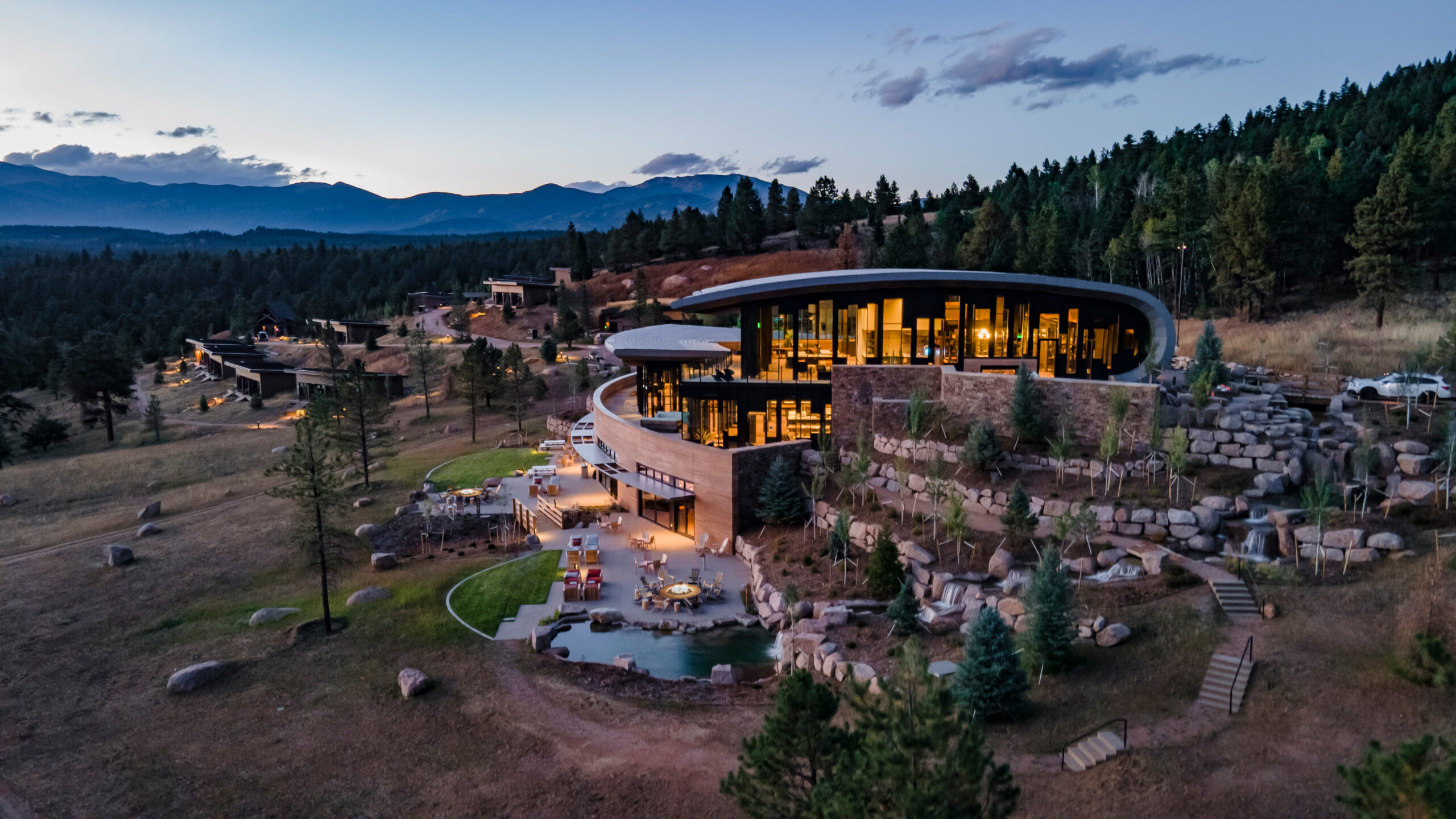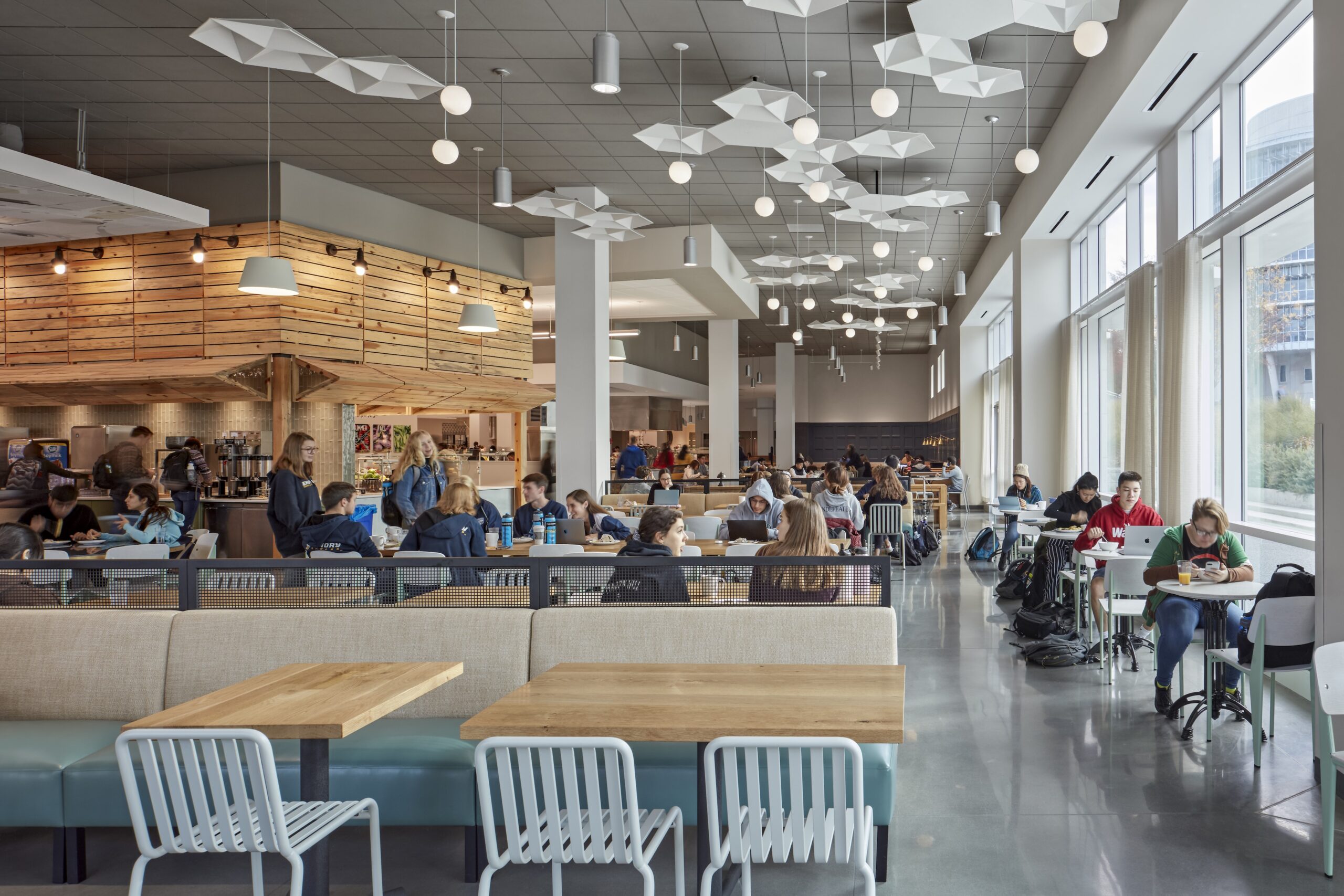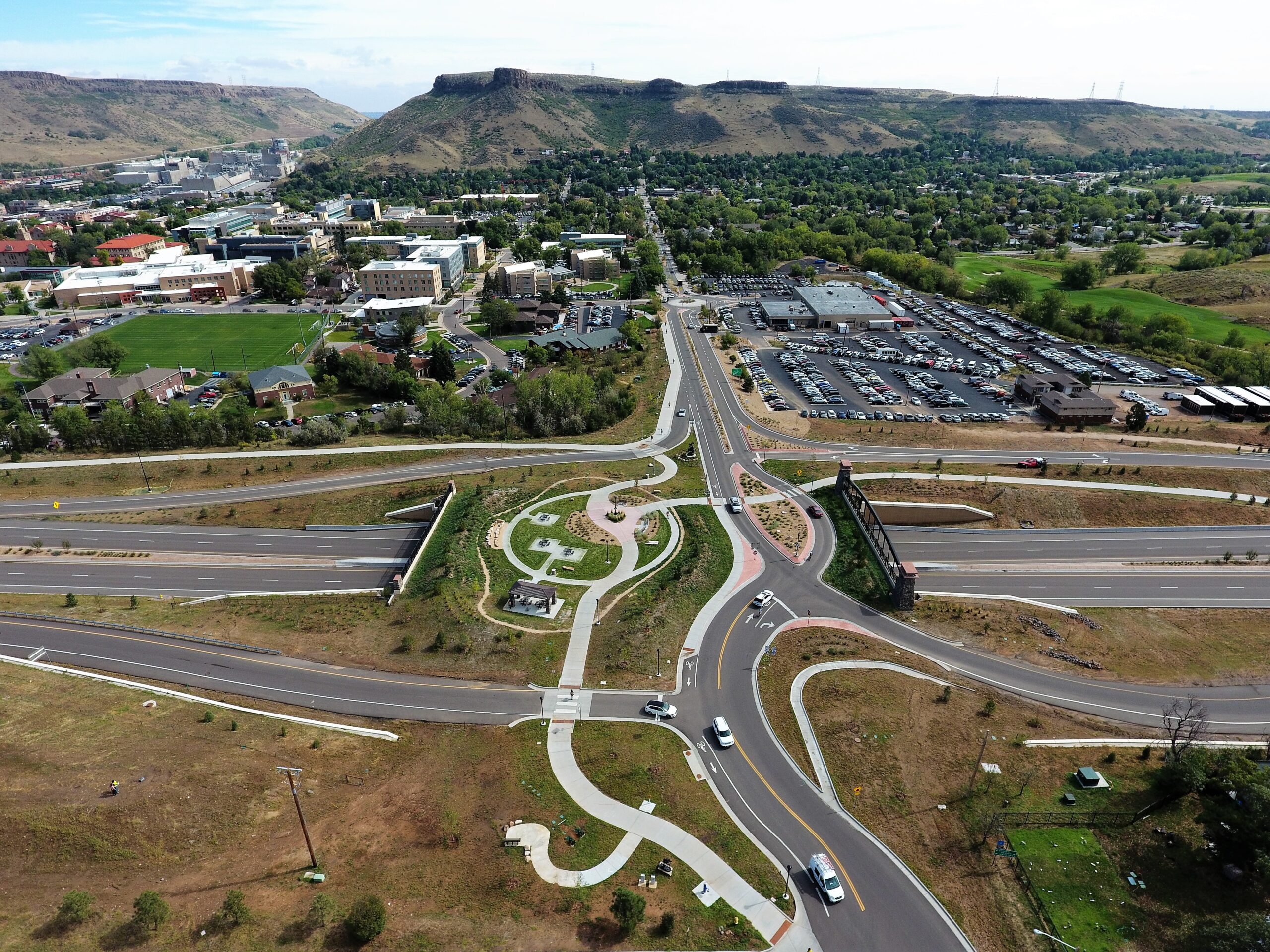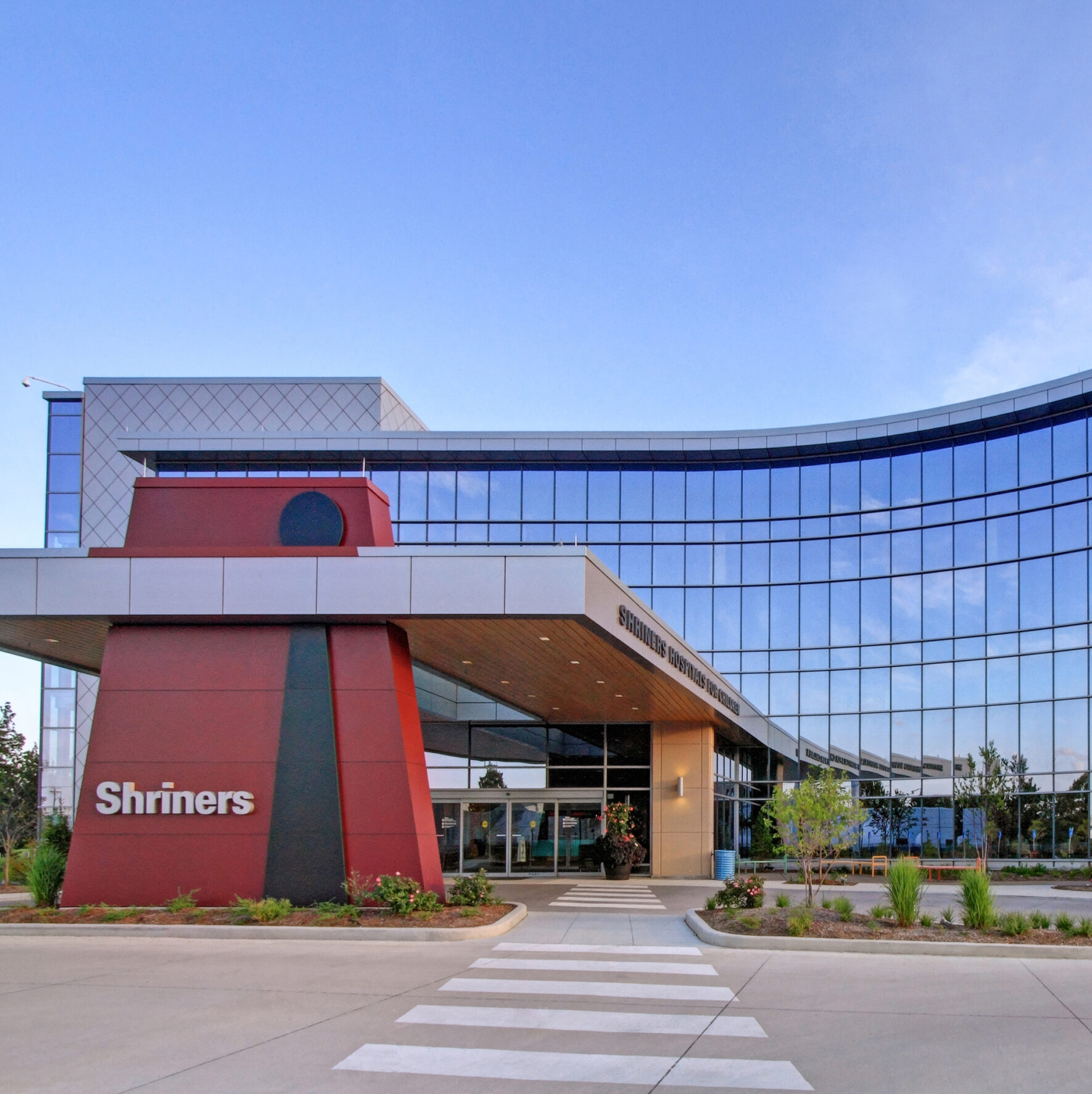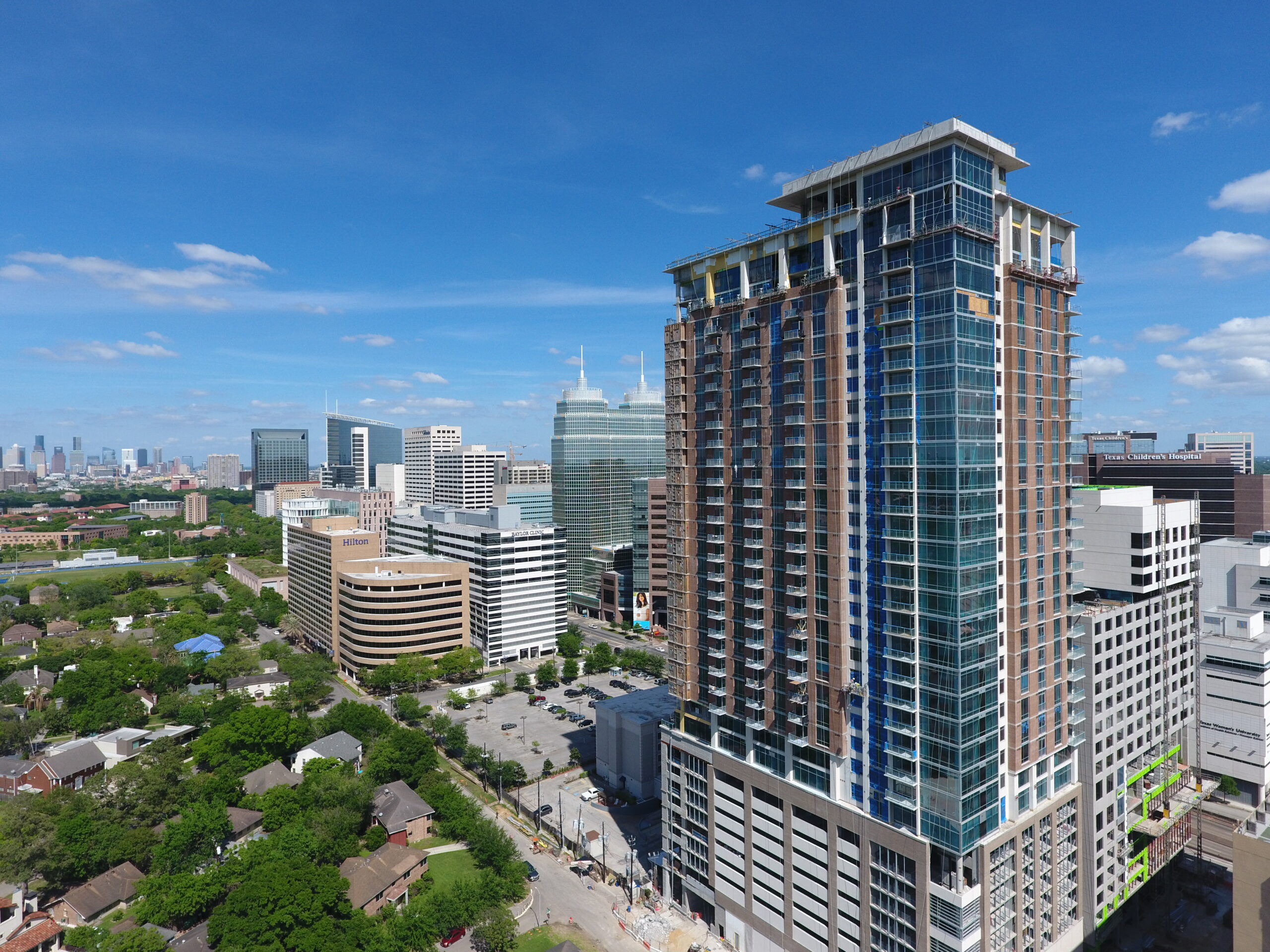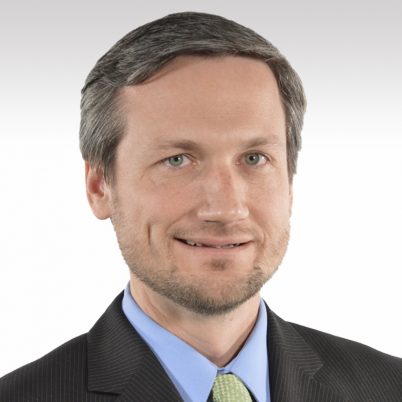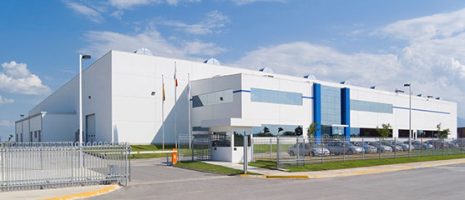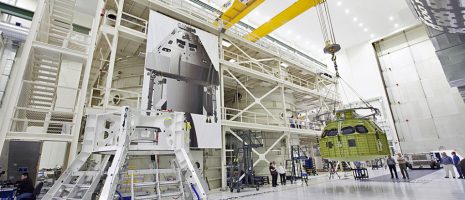Podcast: How Ann Arbor seeks to lift up an underserved neighborhood through community geothermal
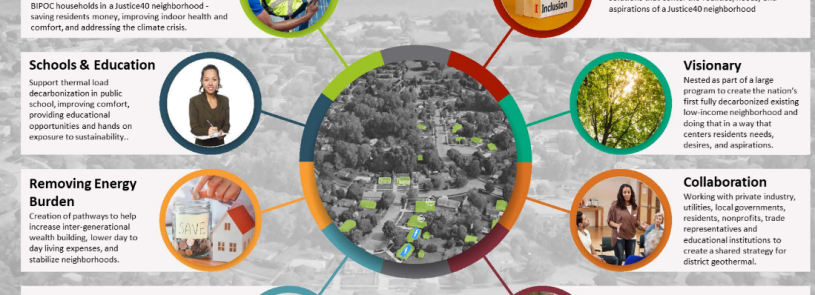
Click here to see the entire graphic.
This episode of the IMEG podcast features Missy Stults, Sustainability and Innovations Director for the City of Ann Arbor, MI, one of 11 communities being funded by the U.S. Department of Energy’s Geothermal Technologies Office to design a community geothermal heating and cooling system. Joining the conversation is IMEG Sustainability Director Adam McMillen, who is leading the analysis and design portion of the project.
“In Ann Arbor we have the goal of achieving a just transition to communitywide carbon neutrality by 2030,” said Stults. “One of the things that is really critical is centering equity in our work, and so from the very beginning we said we have to make sure that we’re working with neighborhoods that we’ve traditionally disinvested in.” The city’s Bryant Neighborhood—an underserved, energy-burdened community of 262 households, 75 percent of which are considered low-income, with over 50 percent of residents being minorities and renters—was chosen for the project. “For almost three years we’ve been working with Community Action Network (CAN) and the residents of Bryant to figure out what would it mean if they became the most sustainable neighborhood in America,” said Stults. “What would it mean if you flipped the script on a neighborhood that we sort of just forgot about and made it be the centerpiece of climate action? And then this project came about.”
The goal of the project is to design (and eventually build) a community-scale geothermal system that covers at least 75% of the heating and cooling load for all 262 households as well as for a local school, a county community mental health service center, and the City of Ann Arbor’s public works facility. The project will directly lower the neighborhood’s greenhouse gas emissions by 40%, significantly improve indoor air quality, eliminate the energy burden for low-income residents, and enhance year-round comfort.
The project team is led by the City of Ann Arbor and consists of 14 entities including CAN and other community organizations, mental health providers, the public school district, utility providers, geothermal design firms, and workforce development and training organizations.
“The answer to the climate crisis isn’t brand new neighborhoods everywhere,” said McMillen. “It is: Work with what we have in a smarter way, reuse resources we have, then lift everyone else up with us. And make it replicable so anyone can do it.”
Listen to the podcast:
